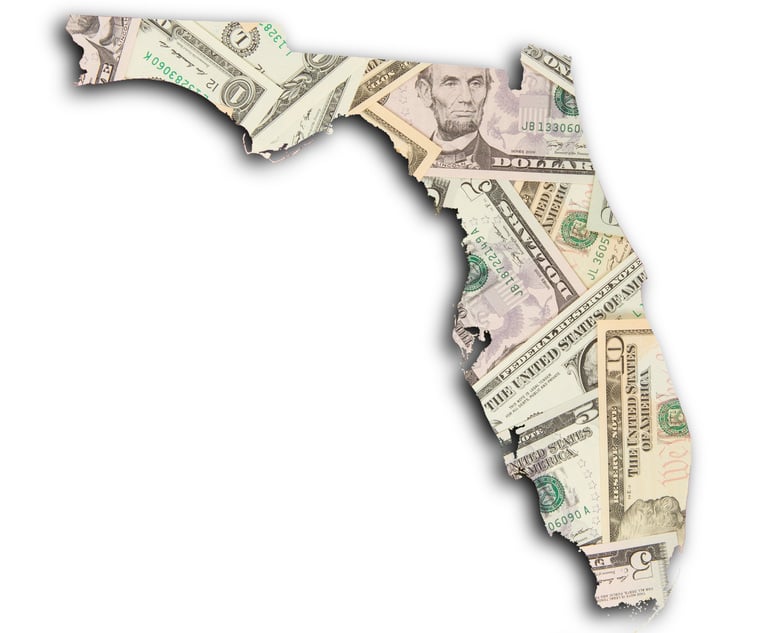 Hard markets create difficulties for everyone, but especially for those least prepared. Luckily for Florida's commercial property owners, there are ways of being proactive that can help. (Credit: michaklootwijk/Adobe Stock)
Hard markets create difficulties for everyone, but especially for those least prepared. Luckily for Florida's commercial property owners, there are ways of being proactive that can help. (Credit: michaklootwijk/Adobe Stock)
Florida's commercial property owners are worried — and they should be. Amid the hurricanes hitting the shores of the Gulf and Atlantic coasts this year, businesses across Florida are bracing themselves for staggering spikes in catastrophic property insurance. Some are facing renewal increases of up to 125% or more.
Recommended For You
Want to continue reading?
Become a Free PropertyCasualty360 Digital Reader
Your access to unlimited PropertyCasualty360 content isn’t changing.
Once you are an ALM digital member, you’ll receive:
- Breaking insurance news and analysis, on-site and via our newsletters and custom alerts
- Weekly Insurance Speak podcast featuring exclusive interviews with industry leaders
- Educational webcasts, white papers, and ebooks from industry thought leaders
- Critical converage of the employee benefits and financial advisory markets on our other ALM sites, BenefitsPRO and ThinkAdvisor
Already have an account? Sign In Now
© Touchpoint Markets, All Rights Reserved. Request academic re-use from www.copyright.com. All other uses, submit a request to [email protected]. For more inforrmation visit Asset & Logo Licensing.







